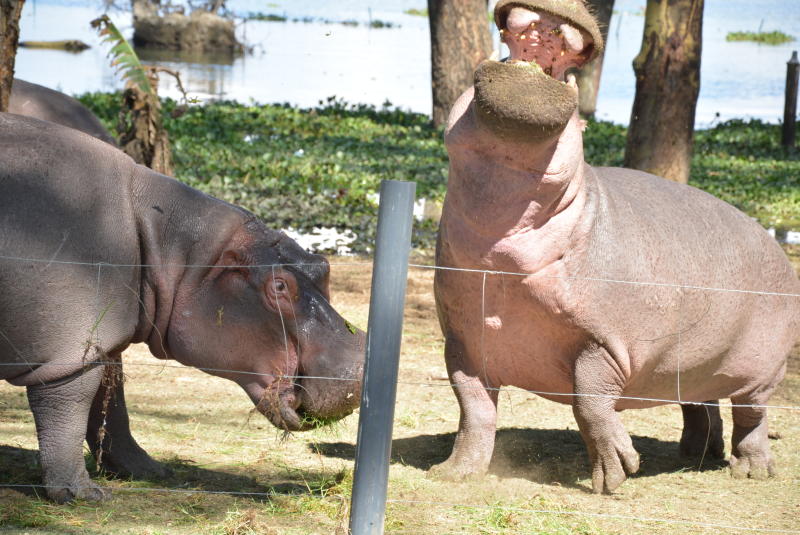×
The Standard e-Paper
Fearless, Trusted News

Hippos on the shores of Lake Naivasha. [Antony Gitonga, Standard]
The rising waters of Lake Naivasha has turned it into a dangerous zone where fishermen have perished, wild animals displaced and nearby structures submerged.